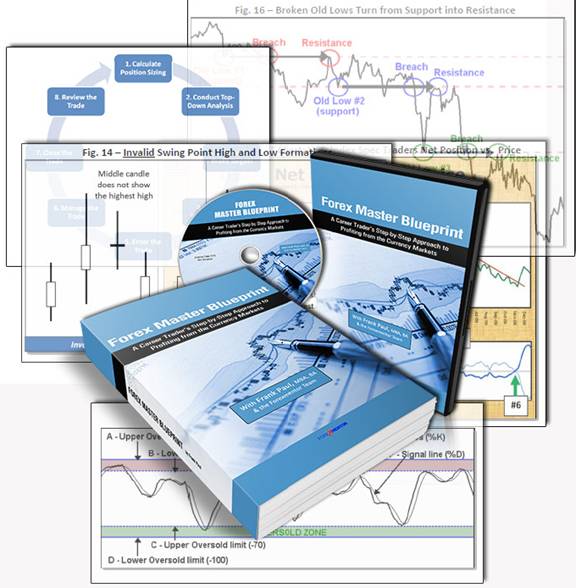Forex Trading Articles
TESTING, TESTING
By Dick Thompson for Forexmentor
©2011, Forexmentor.com, August 2011
When I was active in a Forex User's Group some years ago, most of the participants were very busy searching for a perfect trading methodology. We would read books or watch webinars and try all sorts of trading systems. We would go to seminars and do the same thing. There was a constant search for THE trading system.
The rapidity in which we went from method to method was astounding. We would absorb as much as we could in a short period of time (i.e. a two day workshop) and then jump right in and trade with real money. Want to guess how well we did? You got it; not well at all. Invariably, we would abandon the method and continue the quest for another, more successful one.
There is nothing inherently wrong with learning how others trade, especially successful traders, as part of a process of discovering a personal trading system. But it is a huge mistake to try to trade as others do without proving to ourselves that their method will work for us. It is critical to understand that just because one trader can use a system successfully does not mean that another trader can do so. We are all different. Thus, it is imperative that after we find a system that looks attractive to us, we test it thoroughly to determine that we can use it successfully; that it will, with us in control, meet the goals we want to achieve.
The process of testing a system is very simple and can be done in a number of ways: paper or demo trading, trading with micro lots using tiny amounts of money, using testing software, etc. There is nothing complicated about doing this, but one should not shortcut the task, but instead should be complete and thorough. There usually is need for iteration; in other words, test the system, review the results, make some changes and test again. This process should be repeated until the results are satisfactory. Take the time to do it right.
We might follow a process similar to the following:
- Study a number of trading systems and piece together the elements into a method that appeals to us. The criteria may include trading style (position, swing, day or scalp), timeframe (when can we be at the computer and for how long), risk management, selection of currency pairs, and whatever else is important to us.
- Write out a trading plan. This is important. There are many sources of information and help in developing a plan. We should take advantage of these. If the method is modified during testing, change the plan before retesting.
- Choose how to test the system.
- Record data and results on a spreadsheet facilitate analysis. Be able to determine if the trading system, with ourselves driving, can make money, is consistent, and has acceptable risk, drawdown, win/loss ratios and profit levels.
- Test the system with strict adherence to the trading plan through a number of trades to give a statistically significant result. The literature suggests 25 trades.
- Evaluate the data and if desired, tweak some things. Update the trading plan accordingly. Test again, following the plan for another 25 trades.
- When the point is reached where all goals are satisfied, one more test should be made with significantly larger number of trades, perhaps as many as 100. This final test should confirm consistency and performance in varying market conditions.
- If we find that we are able to "drive" our trading system to achieve all of our goals, then we are ready to trade with real money.
The above path is just my off-the-cuff list of activities that one might do to develop and prove a methodology of trading. The literature is chock full of details on each of these activities and many more. I have tried to hit the high spots and important points that should be considered. You may want to modify these ideas to suit your own situations. However, what you should take away from this discussion is the discipline needed to accomplish this effort. We tend to be impatient and this process takes time. We must keep in mind that while we are doing the work, we are not making money; but if we neglect the discipline and just begin trading before we do the work, we will probably lose money.
As subscribers of ForexMentor, you have a distinct advantage, especially if you are members of ForexMentor LiveConnect. That ForexMentor premium service provides a number of tools that facilitate exactly the process that I have discussed in this article. Moreover, the mentors themselves periodically review member's trade development, answering questions and offering suggestions. Everybody is supportive and acts as a cheering section. This tremendous advantage helps members stay the course to the extent necessary to really prove out a trading method and make it their own.
Good luck and good trading.
Index of All Forex Trading Articles

|
|
